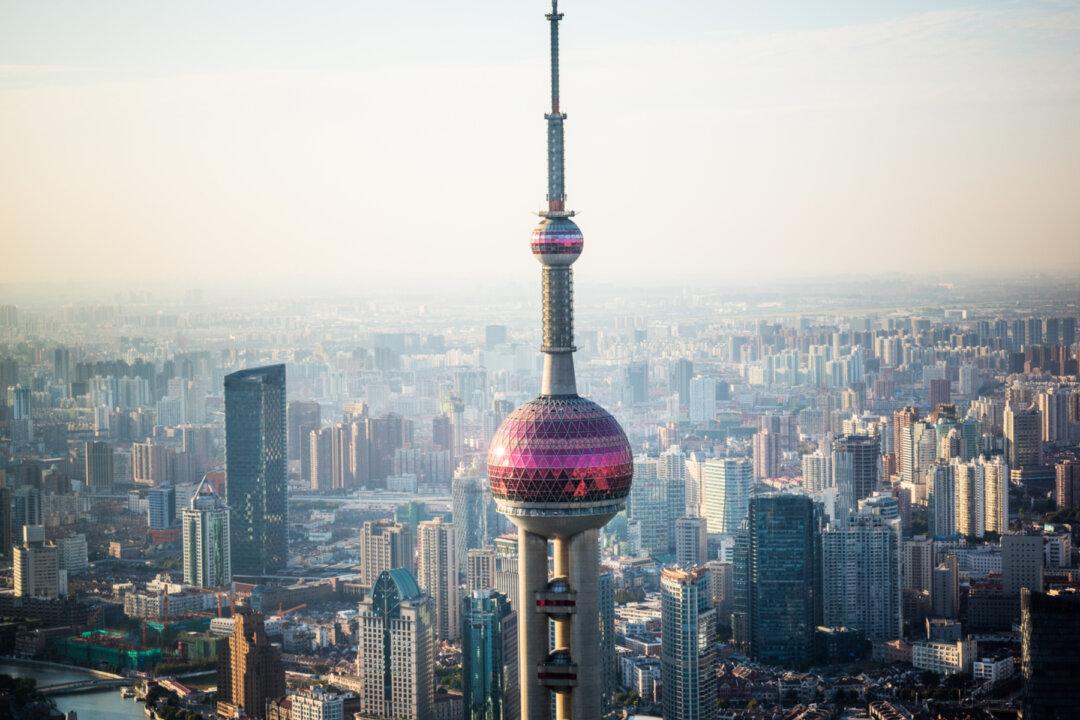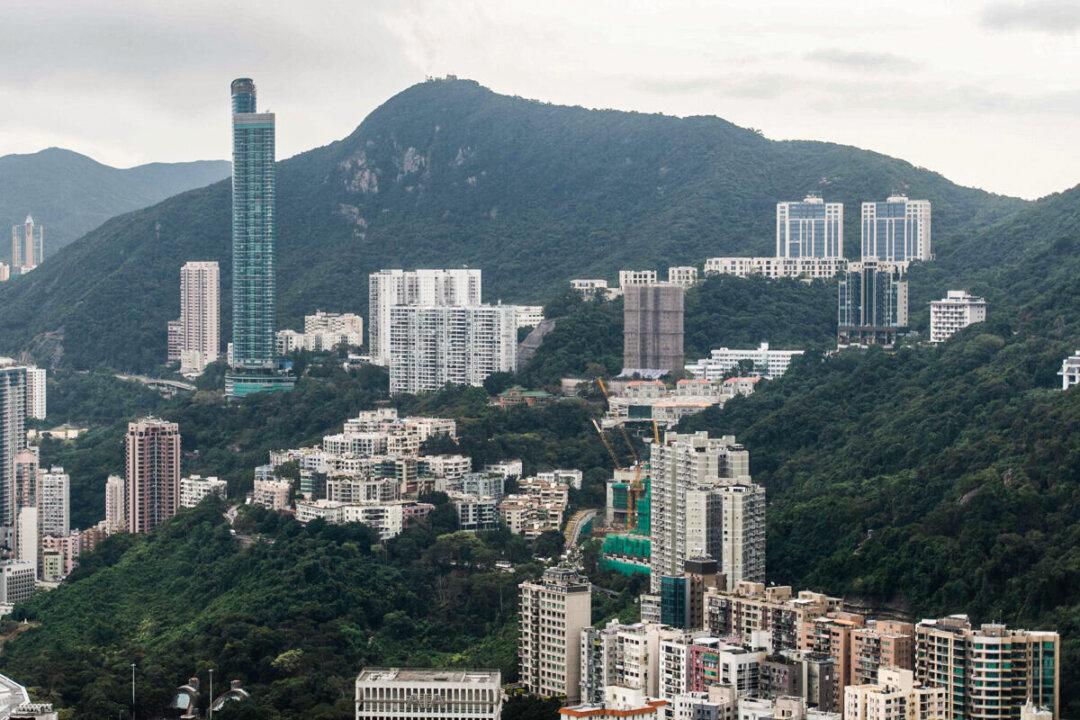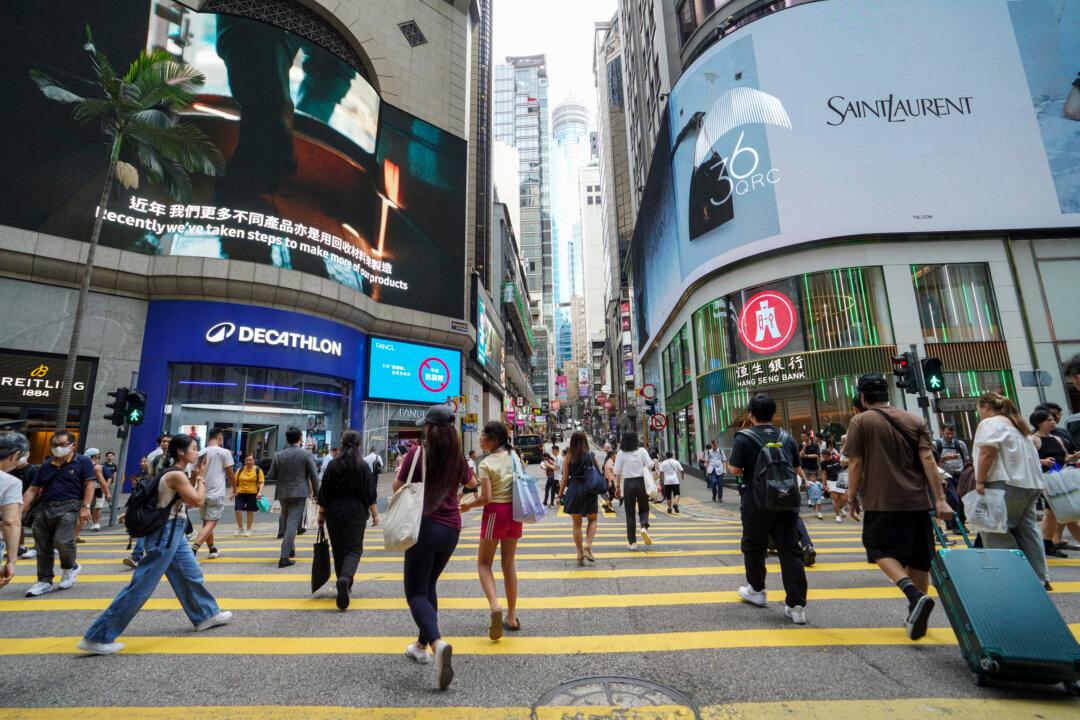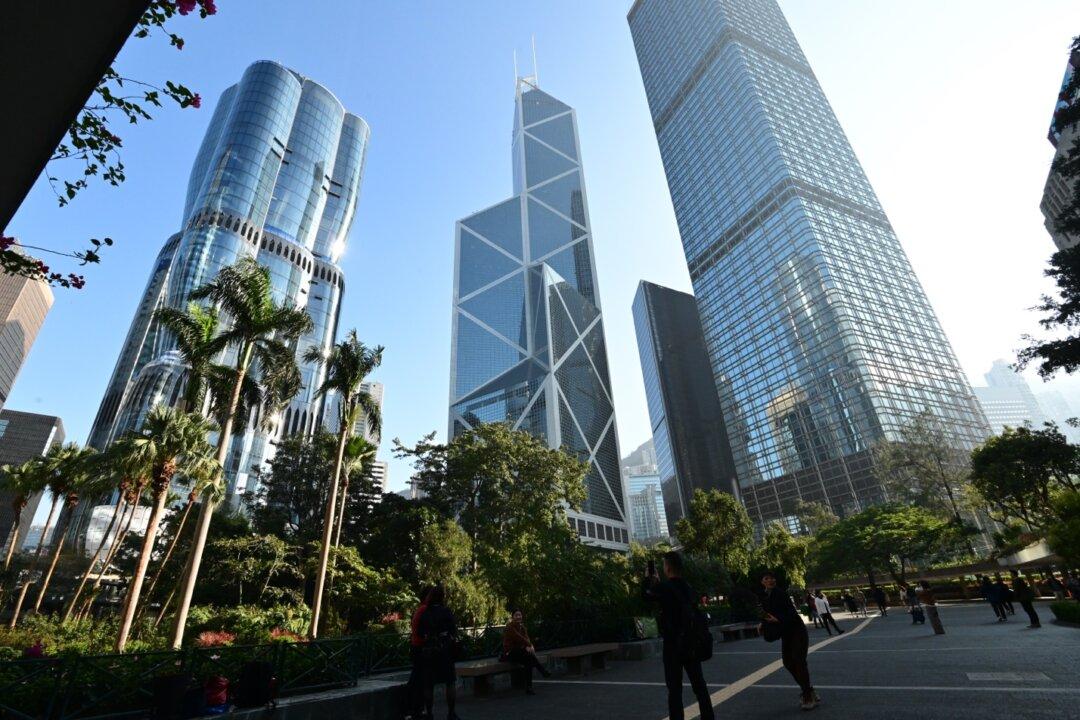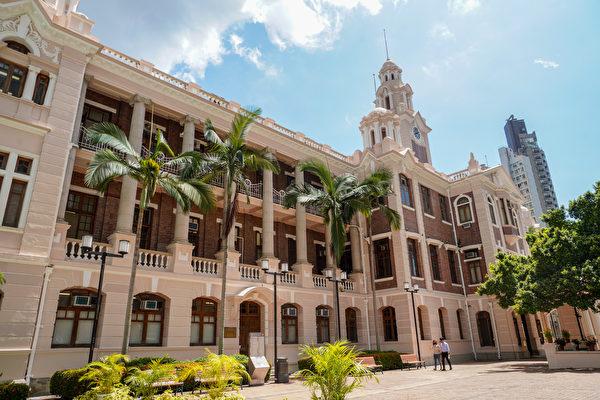Guests enjoying Lunar New Year tea at Shanghai’s Bulgari Hotel may not be aware that the ultra-luxurious destination will soon have a new owner. In a move to revitalize its assets and repay debts, Overseas Chinese Town Asia Holdings (OCT Asia) recently announced the sale of the 5-star hotel.
The sale by OCT Asia, a state-owned operator of tourism businesses, is indicative of the evolving economic landscape in Shanghai, a city often regarded as a barometer of China’s economic climate.
